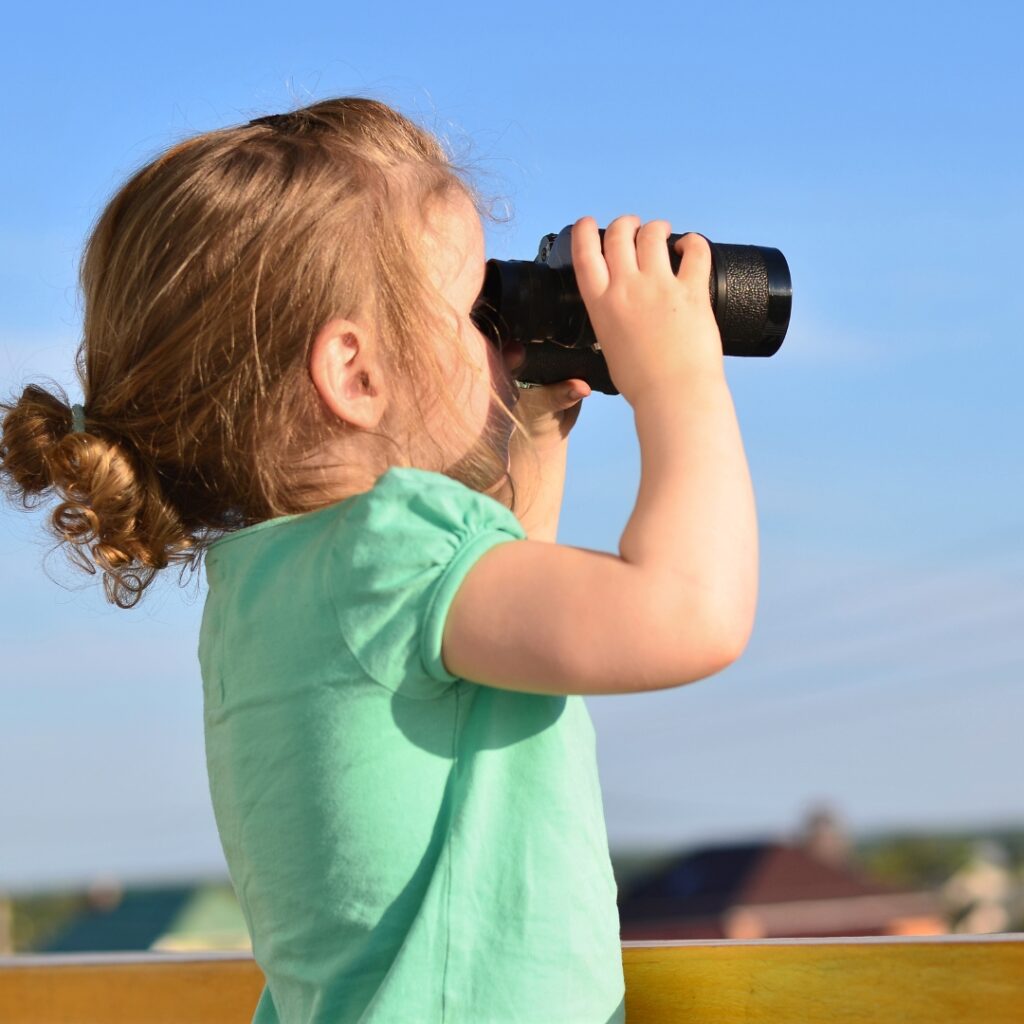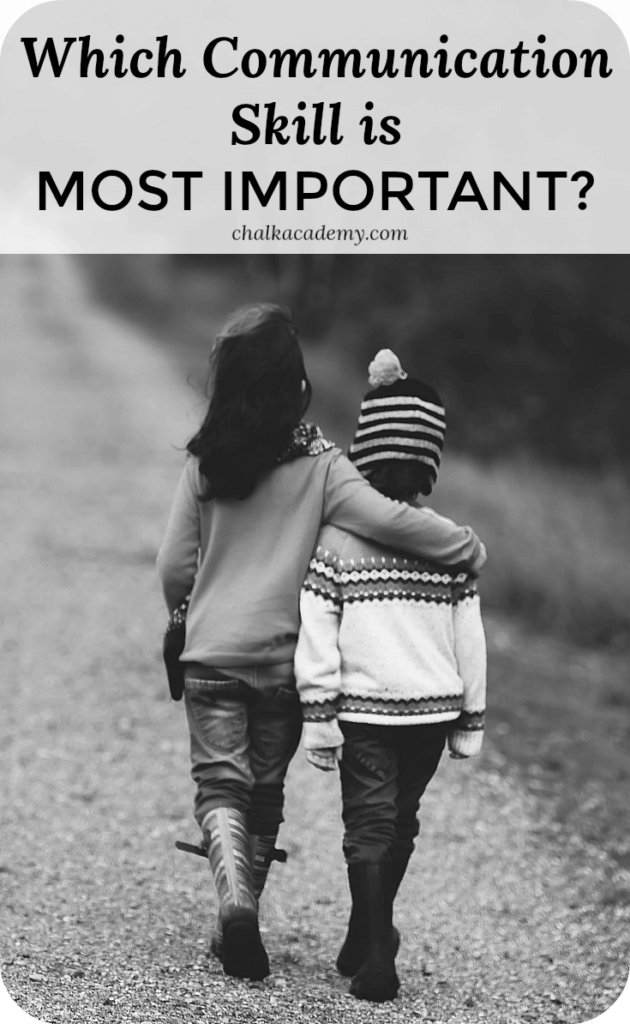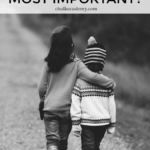Which Communication Skill is Most Important?

Parents who want to raise multilingual children often wonder which language skill to prioritize with their children. With time as a common limiting factor, they want to know what to teach first.
However, the process of acquiring a second language should be no different than learning a native language. Like infants, we first see and listen. As we grow, we learn to speak, read, and write.
Which skill is most important? 看听说读写 (Look, Listen, Speak, Read, Write)
Communication and language skills are interrelated and synergistic. However, observation with the eyes (看) and ears (听) should always be the priority.
Why are looking and listening the most important skills?
“We have two ears and one mouth so we can listen twice as much as we speak.” – Epictetus
Consider the physician who is examining a patient. Does the patient’s body language match what he or she says? Does the appearance raise concern that seemingly stable vital signs and laboratory results might change suddenly and take a downward spiral?
Careful observation of tone of voice, facial expressions, and gesture is necessary for context, compassion, and making an accurate diagnosis.
Why kids are better observers than adults
Kids are born observers, because they are naturally curious and take in everything they see and hear. However, effective observation requires focus to gather and properly analyze information.
Although young children often notice things that parents overlook, we all develop selective attention over time. In this busy modern life, distractions that are external (eg, electronic devices) and internal (worries, bias) bombard our observation opportunities.
We must find ways to free our children from technological diversions and parental interjections that impact awareness.
How can we improve observation skills?
“We cannot create observers by saying ‘observe,’ but by giving them the power and the means for this observation and these means are procured through education of the senses.” – Maria Montessori
Nature is the best place for kids to enjoy distraction-free observation. Take kids to a beach, park, or hiking trail with no toys, music, and electronic devices. Let them be free! This is also a good chance for parents to practice reflective observation of their own kids in a natural environment.
To improve listening comprehension skills in a minority language, listen to audiobooks for more exposure to fluent speakers. For example, you can buy Chinese books with CDs or listen to narrated stories on Ximalaya FM.
Try this: How Kids And Parents Can Learn Chinese From Audiobooks
How to model observation during verbal communication
Active listening acknowledges the speaker while verifying what was said. Typically, a brief summary is followed by questions. The technique builds trust and establishes rapport by showing the speaker that you have been attentive to verbal and non-verbal cues. Examples include:
- “What you seem to be saying is… Could you tell me more about that?”
- “Let me that I have understood this correctly. Are you saying that….?”
In addition, parents should resist the temptation to finish a sentence for their child. Let your child complete his or her thought.
Frequent interruptions may discourage a child from speaking due to the perception that their thoughts are not important or that you are too busy to listen.
How to encourage observation during reading
Because children love to look at pictures, let them explore and discuss illustrations without looking at the script. Then, see if the visual interpretation matches or differs from the author’s writing.
Reading the same book over and over also improves observation skills. Subsequent readings allow children to discover new information from the illustrations and/or text.
The downside of prioritizing reading and writing over speaking/listening
While it is possible for older children and adults to study reading and writing while learning how to understand and speak a language, these additional skills may add a layer of abstraction that can interfere with mastery of verbal communication.
What is your experience with 看听说读写?
Which language skill do you think is most important? Do your kids get the chance to observe without interruptions?

Tips on creating a mutilingual learning environment at home
- Encourage A Child to Love and Speak the Minority Language with 5 Strategies
- How to Find a Foreign Language Teacher for Your Child
- 5 Reasons Books are the Best Gifts for Multilingual Kids
